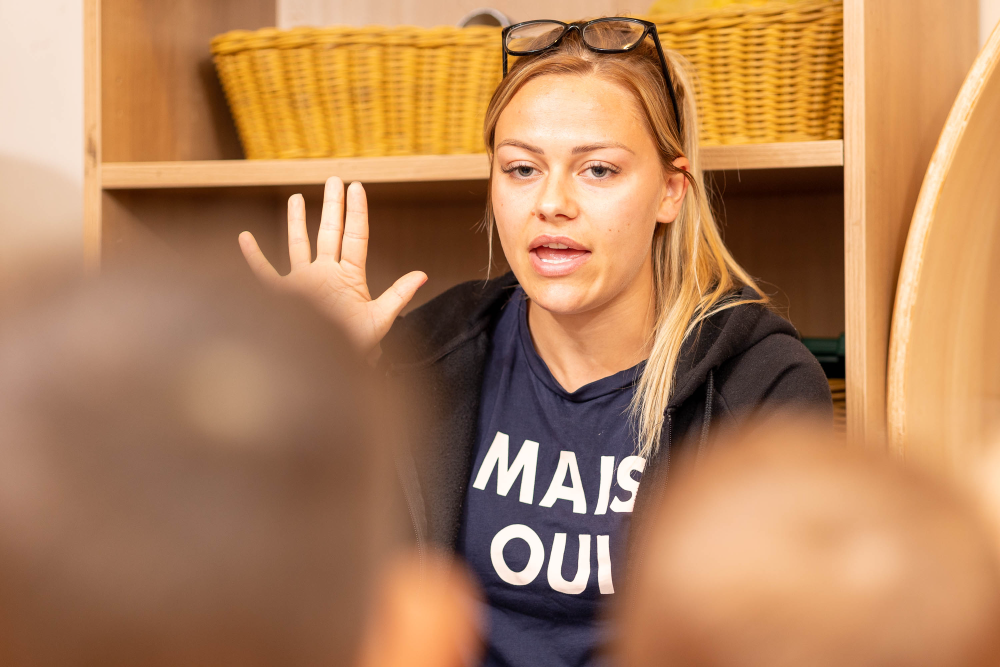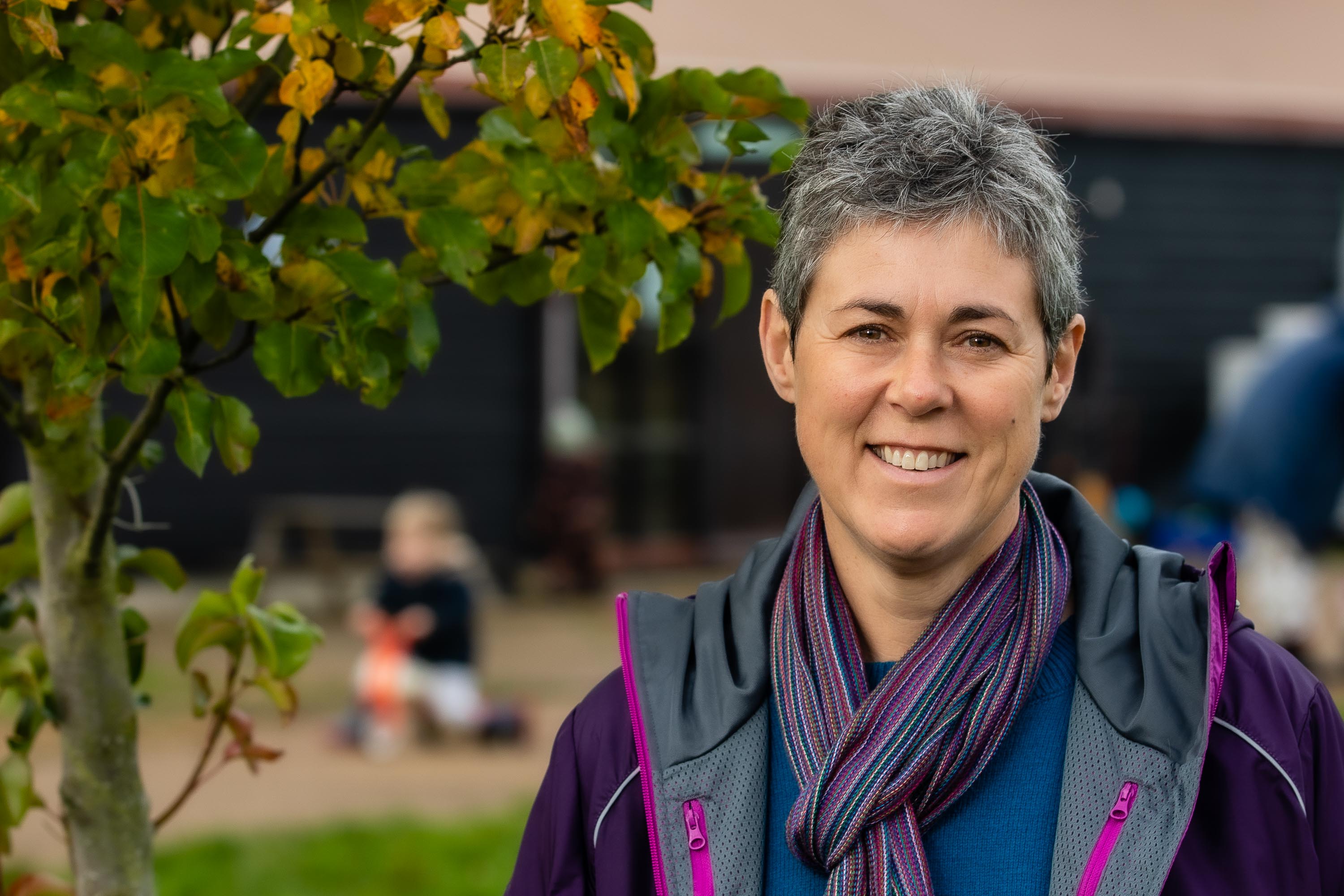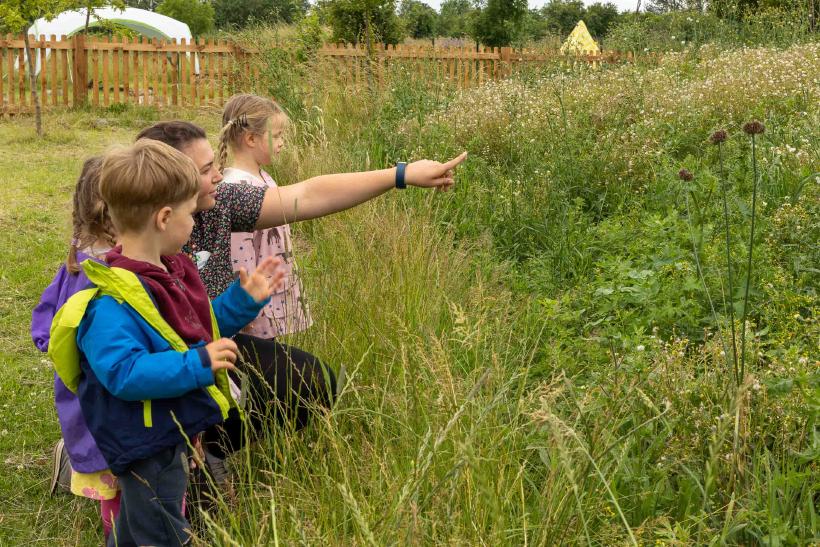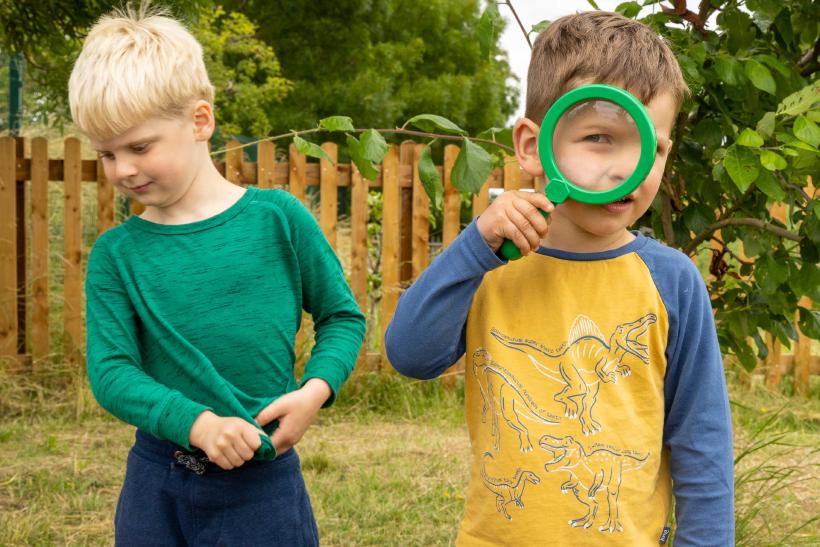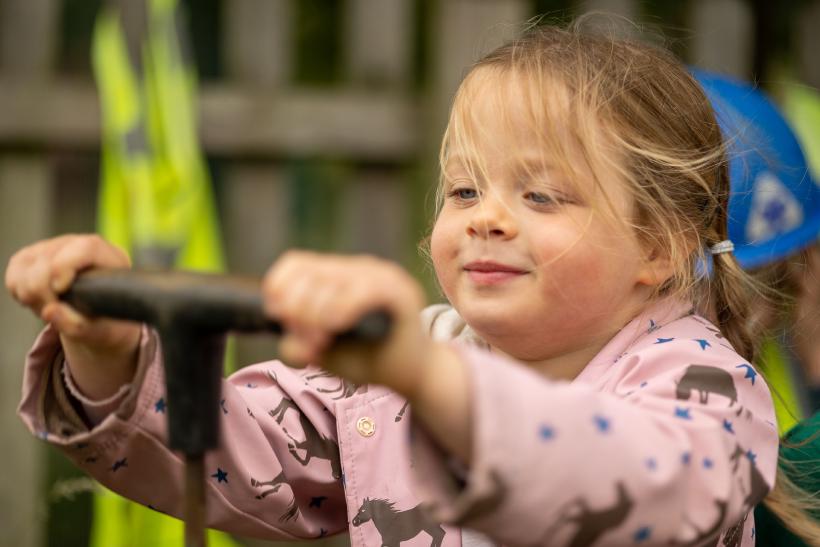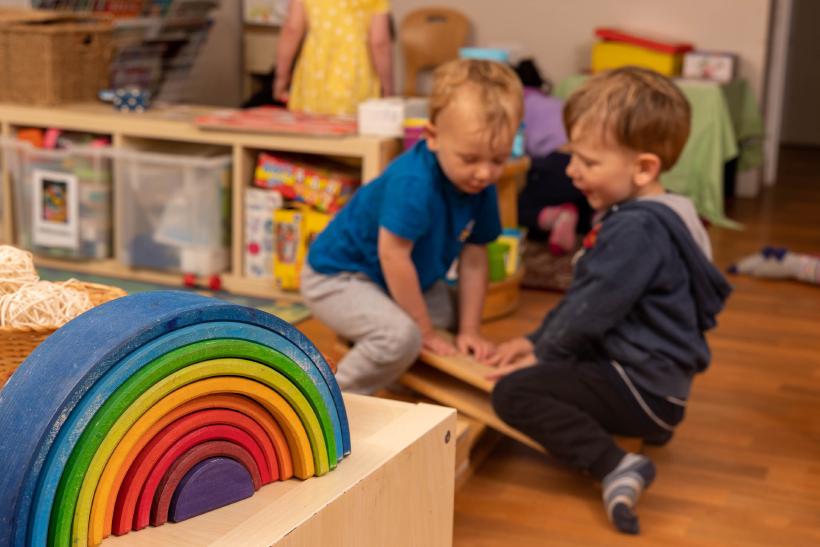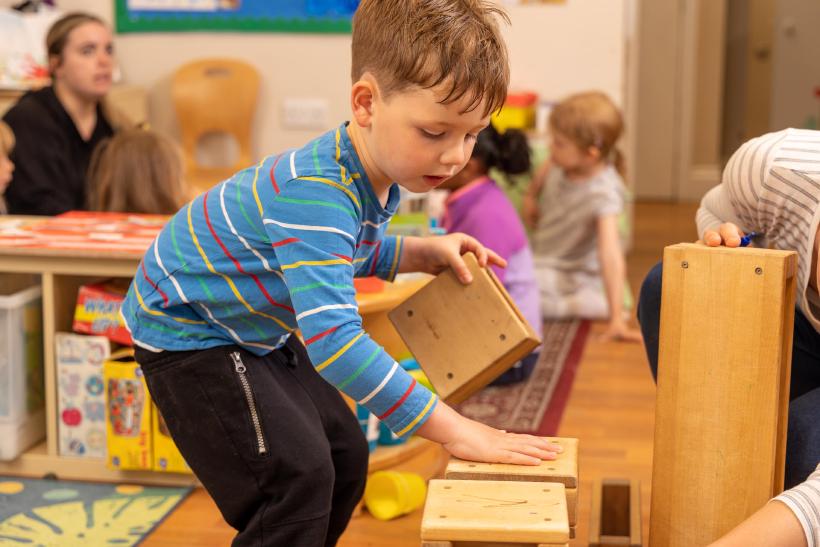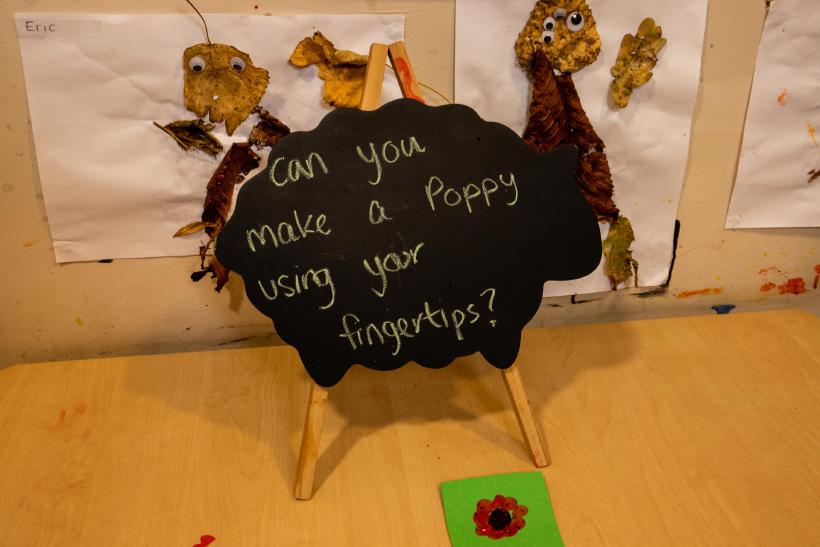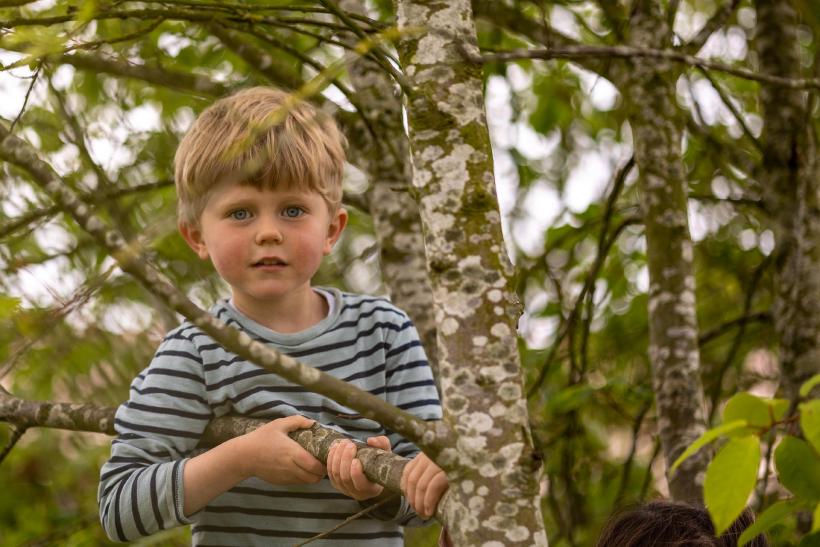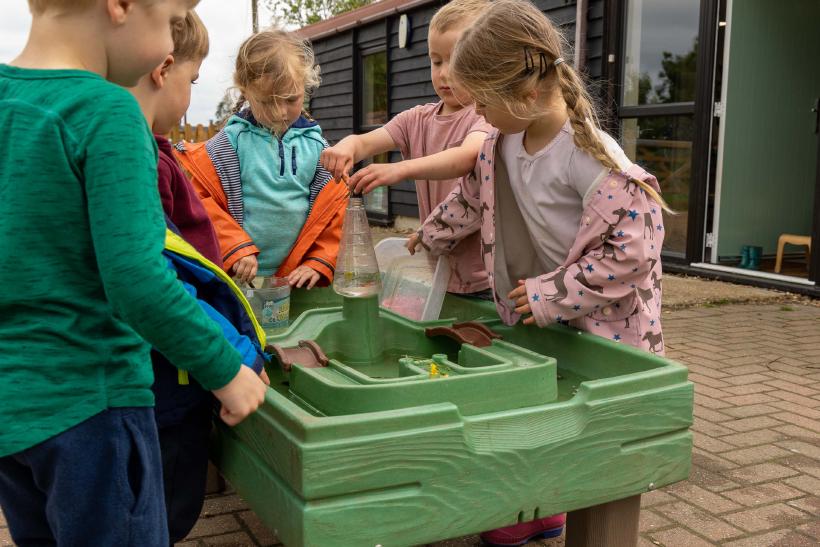Sometimes at nursery we have discussions with the children that fall into the realms of philosophy. These are some of the most valuable, thought provoking talks that you can have with a child, they are when we talk about things that don’t have a right or a wrong answer.
When?
This is a skills that can only really start from when you are aged 3 and works well from then on, in fact we all know adults who could benefit from something similar!
Our school system is set up to teach children the knowledge to get the right answers, we know what answers we want and some are right and the rest are wrong, however our daily lives aren’t like this. At work when faced with a problem the chances are that the set of circumstances surrounding it will be unique. You work out the solution by using various skills and strategies that you have acquired, combining them in a unique way to resolve the issue. In school we teach children many set facts which they can use to solve new problems but the teachers and examiners always know what answer they want and every problem is one that has been solved millions of times over.
By guiding the children to develop their thinking skills we hope they can learn to analyse situations, to listen to other people’s views, to maybe modify their own views and to be able to articulate these.
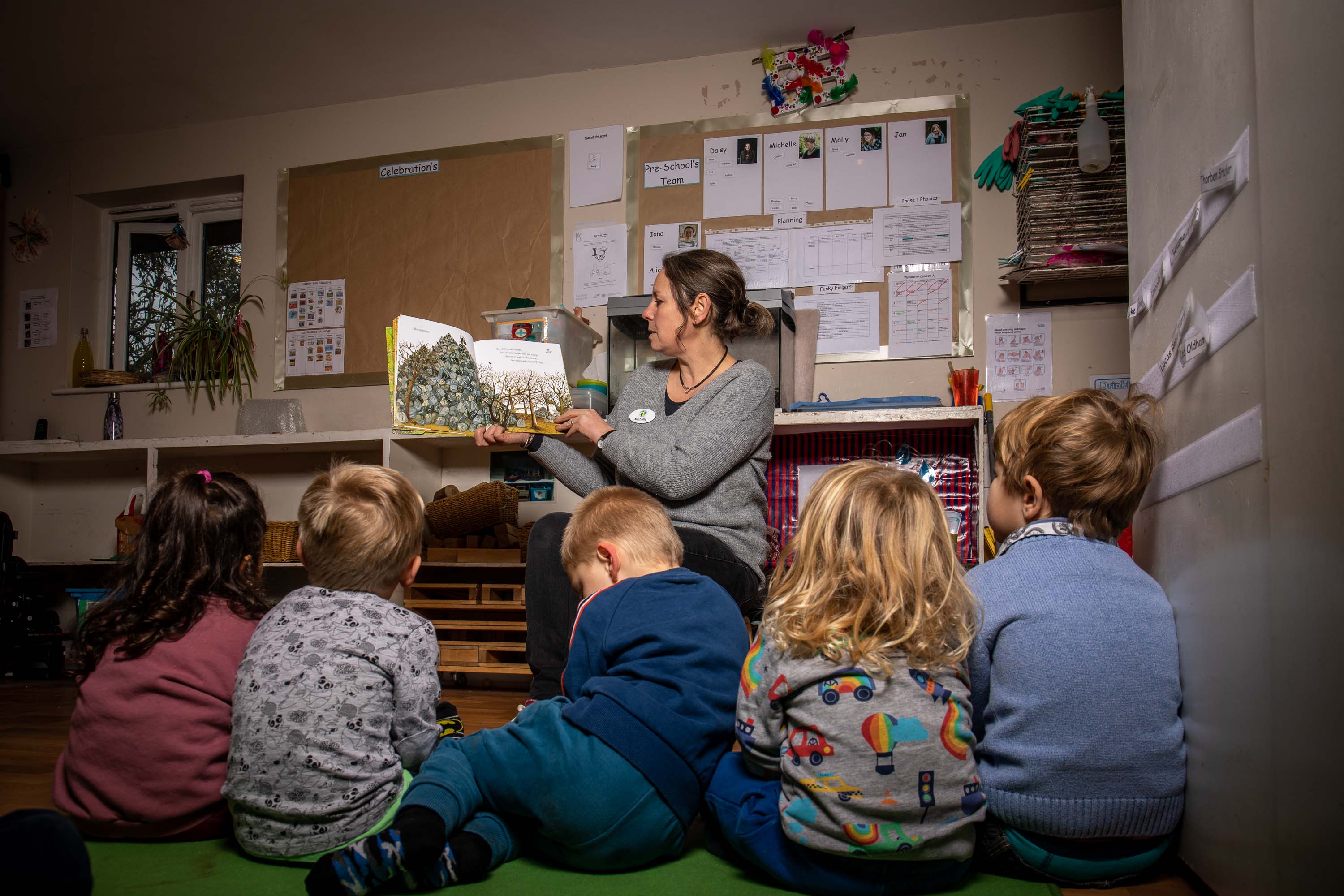
How?
You can use questions, statements or even objects to start a discussion, times when your minds are free to think are best, around the dinner table, traveling on a long car journey, when you are waiting or queuing such as at the doctors. Using this time to develop valuable reasoning skills turns delays into opportunities.
Try using an object, maybe a key. Talk about what it is, what it is used for, what and how it is made, what other types of keys there are, who would use it, what would it lock up? You can relate this to real life, storybooks or to an imagined world. Another good object is your phone. Take it out and ask if it is good or bad?
You can also use questions, when reading a book ask things that aren’t answered in it, how did that person feel, why did they do that, what happened next?
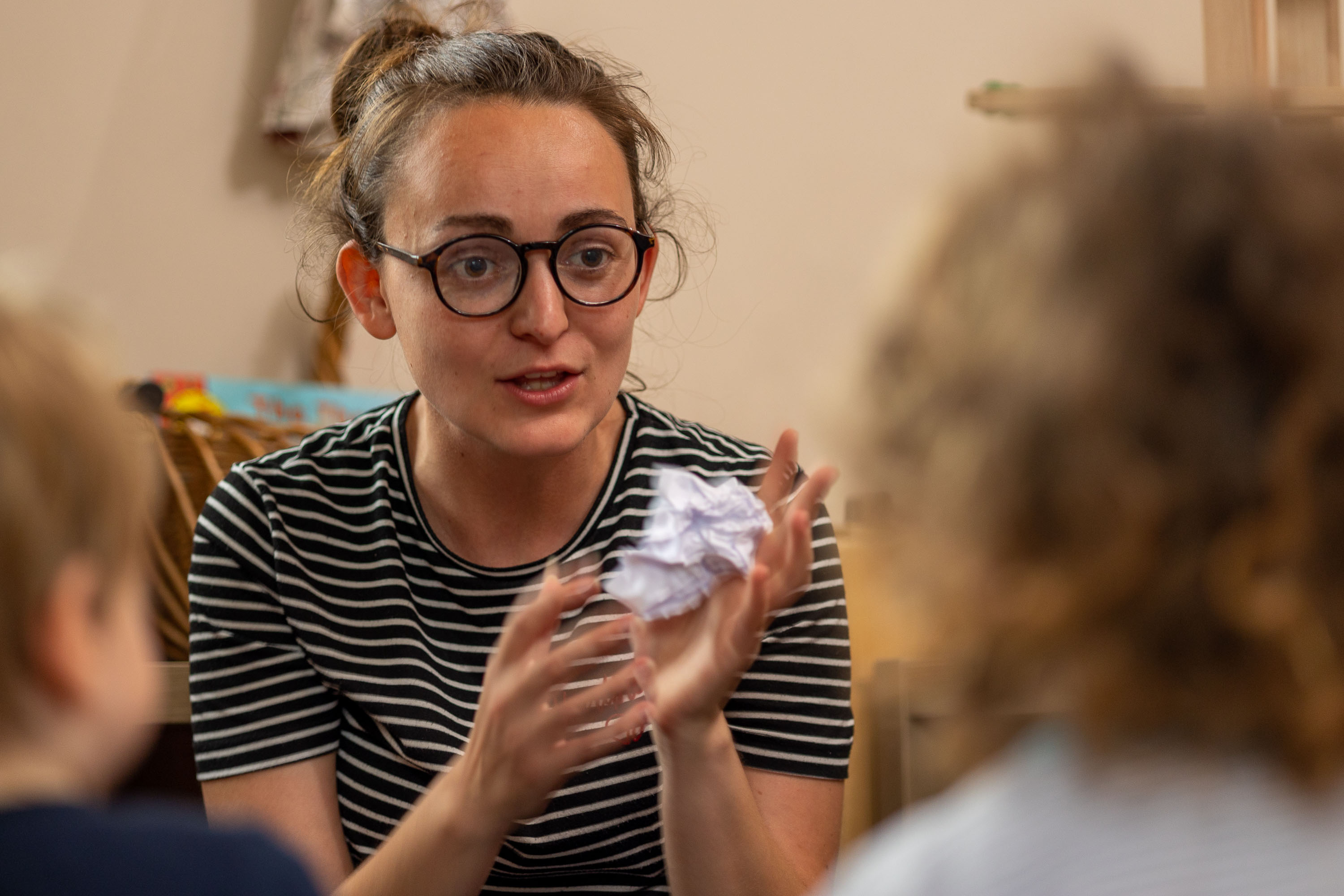
Why?
- The aim is to give children some thinking time and to extend their thinking beyond themselves; realisation that we don’t all like the same things, feel the same way about things, think in the same way or see things the same.
- Use different items or questions or images to discuss.
- Give the children as much thinking time as possible, and helping them talk and express their ideas, your role is to challenge, to play devil’s advocate with their responses to provoke more thinking.
- You lead the discussion and need to remain open minded and acknowledge all input as valuable without imposing or directing the path of conversation in the direction that you believe it should go.
For more information try SAPERE | P4C Teacher Training | Philosophy for Children I particularly love the ‘Thinking with Nature’ questions and the resources are great. It is written for teachers but that just means educators and that is you, and me, and all of us.
